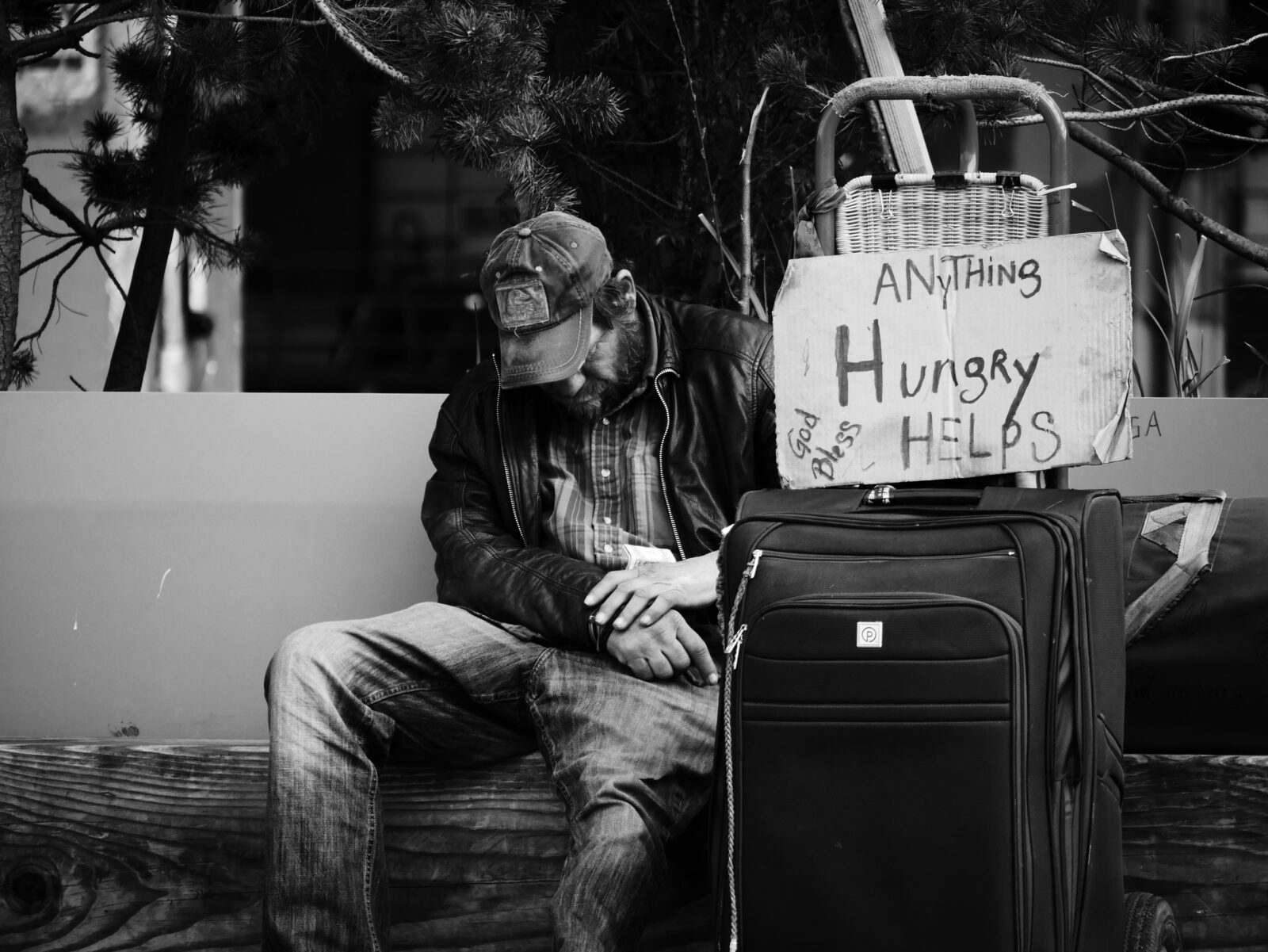Today, nonprofit organizations designed to help the homeless compete to be beneficiaries listed in wills. Some offer public relations after death: “Make your generosity live on after you! You can assist the homeless by supporting the work of ___ in your will.” Or, “How Will You Be Remembered? You can help… overcome homelessness, poverty, addiction and mental health issues — even after you’re gone.”
Other requests for bequests emphasize helping ourselves as well as helping others: “Your charitable trusts can be established to help homeless families with children, and offer you a tax advantage,” or “Your bequests can leave a lasting legacy, secure tax advantages for your family, and help us to prevent and end homelessness for years to come.”
Is partly self-interested altruism new? The late Australian scholar Philippa Maddern, an Australian researcher into medieval times, would say no. She examined 222 individual bequests made in Norwich, England, in 1417-19, 1427-29, 1487-89, and 1497-99. Fewer than one of twelve specified homelessness or poverty alone as the reason for the bequest. Others had stipulations designed to improve the posthumous reputations of the deceased and to save them years in purgatory, according to doctrines of “indulgences” then current.
Examples: Norwich butcher Thomas Snellyng specified that his hearse be attended by eighteen poor men holding lights, with each given a penny (worth about $2 now) and dinner. Snellyng also stipulated that all other poor persons attending his funeral mass receive a halfpenny loaf of bread. Norwich Bishop James Goldwell paid for 20 poor people to “pray for my soul.”
Some of the wills were explicit. Alice Cooke of Norwich stipulated that her estate be turned into “deeds of pity and mercy to the most pleasure of God and profit of my soul” and other souls (spelling modernized). Donations to the homeless and others among the poor cancelled sins “as water quenches fire.” Cardinal Henry Beaufort, England’s highest-ranked prelate in the 1440s, said his charity would “commute my worldly goods into heavenly ones” in a transaction almost as straightforward as an airport currency exchange.
In York, England, a fifteenth century stained glass window, paid for by the earnings of the deceased Nicholas Blackburn, is the ultimate in combining good works — beautifying the All Saints church — and public relations. The window shows the bushy-bearded Blackburn visiting the sick, feeding the hungry and thirsty, clothing the naked, and showing hospitality to the homeless.
But alms were not to be wasted on those not truly needy, or not trusted to pray often for the souls of the deceased. The safest way to avoid error was to assign the task of prayer to professionals — chaplains, friars, and nuns. Bequests showed much more left to them than to beggars off the street. A second way was to give the money to homeless shelters, hospitals, and jails.
A third protection was to charge a will’s executor with the responsibility of choosing needy beneficiaries. Fear of wasting money pervaded not only those about to die but those in the best of health. One late medieval text, Jacob’s Well, warned against those who “get meat and money of pious folks with wiles, as to make themselves seem crooked, blind, sick, or leprous, and are not so” (spelling modernized).
Some homeless beggars were purportedly so evil that they would kidnap and mutilate others to make them profit centers. Abbreviation of Chronicles, published in 1417, told of three men who supposedly grabbed three children from the town of Lynn and blinded one, broke the back of a second, and amputated the hands and feet of a third, all so “men shall of pity give them good.” Another man allegedly “mutilated” his wife so her begging door to door would bring in more morsels or pennies.
On the other hand, the healthy homeless prompted a question: Why aren’t you working? Maddern summarized the “severe quandary. The appearance of good health was suspect, suggesting unwillingness, rather than inability, to find work. But the appearance of disease or disability might be equally doubtful, implying attempted fraud on the alms-giving public.”
One modern equivalent is: When do we give to the homeless person on the corner? The Bible promotes benevolence, but is charity complicity when the person is likely to use the money for drugs or alcohol? Clearly, we should not justify stinginess by emphasizing suspicion. Beyond that, I’m not aware of any quick and easy answer.

